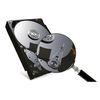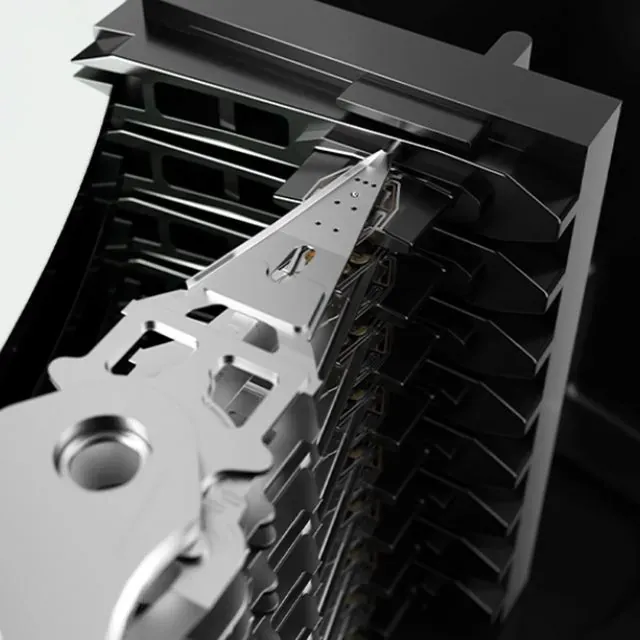In efforts to support increasing data storage demands, Seagate has been implementing HAMR and associated technologies to enhance magnetic density, a critical factor in data capacity per disk platter, typically measured in terabytes per disk.
Since 2016, Seagate has been conducting simulated field use tests on its Mozaic 3+ products, gradually optimizing key components. Over the past two years, these efforts have yielded a 50% improvement in reliability, bringing it to the level of PMR drives.
Further testing involved thousands of Mozaic 3+ read/write heads, with each demonstrating the capability to reliably transfer data for over 6,000 hours, roughly equivalent to eight months. This translates to each head managing the transfer of approximately 3.2 petabytes of data—more than 20 times the data handling capacity of a typical nearline hard drive.



